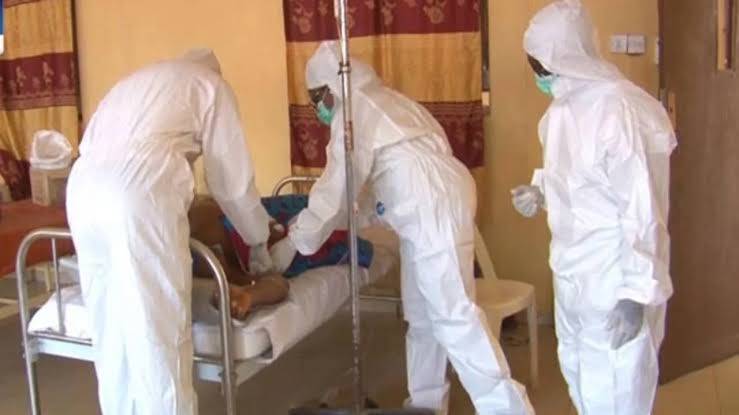Lassa Fever Behind Recent Deaths In Saki West LGA, Oyo Response Team Confirms
The Oyo State Health Response Team has confirmed that the recent deaths in Saki West Local Government Area (LGA) are linked to an outbreak of Lassa Fever. The alarming revelation has prompted local health authorities to ramp up their efforts in controlling the spread of the viral disease and preventing further fatalities.
In the past few weeks, there has been a troubling increase in unexplained deaths within Saki West, sparking concerns among residents and health officials alike. After thorough investigations and testing, the Oyo State Ministry of Health, in collaboration with national disease control agencies, officially confirmed that the fatalities were caused by Lassa Fever, a viral hemorrhagic fever endemic to parts of West Africa.
Dr. Taiwo Lawal, a spokesperson for the Oyo State Response Team, highlighted that the initial cases were identified through a combination of clinical symptoms and laboratory tests. “We immediately dispatched a response team to the area, and the confirmation of Lassa Fever was made after the appropriate testing procedures,†Dr. Lawal said.
The discovery has left residents of Saki West in a state of anxiety, as they grapple with the effects of the disease, which is transmitted primarily through contact with food or household items contaminated with the urine or feces of infected rats. Lassa Fever can cause symptoms similar to other febrile illnesses, including fever, weakness, and bleeding, and it often leads to death if not treated promptly.
Authorities have urged the public to remain vigilant, emphasizing the importance of personal hygiene and proper food storage to minimize the risk of infection.
In response to the outbreak, the Oyo State government has implemented a series of emergency measures aimed at controlling the spread of the disease. These measures include increased public health awareness campaigns, the distribution of protective equipment to healthcare workers, and the establishment of isolation units in local hospitals to manage potential cases.
The state has also initiated efforts to reduce the rodent population, which is the primary vector for Lassa Fever, through targeted fumigation and public education on preventing rodent infestations. Additionally, contact tracing is being conducted to identify anyone who may have been exposed to the virus.
The confirmation of Lassa Fever cases in Oyo has drawn the attention of national health agencies and the World Health Organization (WHO). Experts have warned that such outbreaks underscore the need for ongoing surveillance and preventive measures to reduce the impact of the disease. The Nigerian Centre for Disease Control (NCDC) has offered additional support to the state, ensuring that the necessary resources are in place to combat the outbreak.



No comments yet
Be the first to share your thoughts!